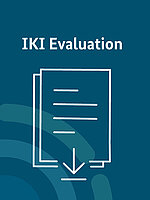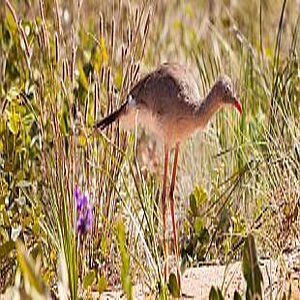Harnessing ecosystem services at national level
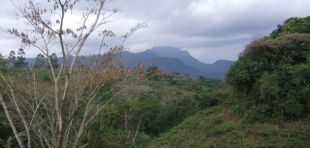
Participants at a regional workshop in Abidjan (Côte d’Ivoire) are drawing up road maps for the national implementation of the IPBES assessment of biodiversity and ecosystem services for Africa.
In April 2018, a regional workshop was held in Abidjan (Côte d’Ivoire) in response to the recent publication of the IPBES regional assessment of biodiversity and ecosystem services for Africa. The first of its kind anywhere in the world, the workshop examined the potential significance of the key messages and response options identified in the assessment in terms of practical steps and how its findings can be applied at national level.
The assessment was discussed at the 6th Plenary Meeting of IPBES (Intergovernmental Science-Policy Platform for Biodiversity and Ecosystem Services) in Medellín (Colombia) by 129 member states. It is the result of a three-year process in which around 100 experts from three UN regions (Africa, Western Europe and Others (WEOG), Asia-Pacific) and 33 countries drew together all the knowledge currently available on the state of biodiversity in Africa, on the trends affecting biodiversity in the region and on the factors directly and indirectly responsible for its decline. The analysis also covered policy-making frameworks (e.g. the Sustainable Development Goals (SDGs), the Aichi Targets and Agenda 2063) in the context of which measures could be taken to prevent or mitigate the forecast losses.
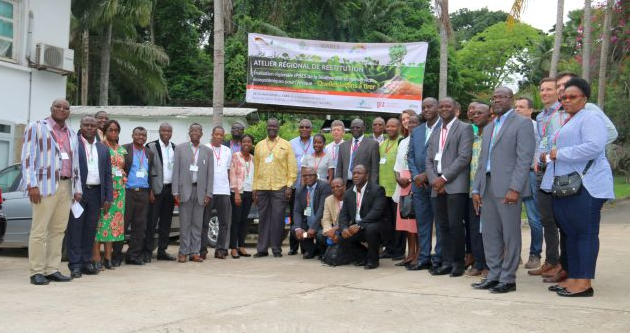
After two rounds of public consultations, the Summary for Policymakers (SPM) provoked a great deal of heated debate during the IPBES-6 plenary meeting. In particular, some delegates and observers criticised what they saw as the excessive influence of France, the UK and Belgium, all former colonial powers, in the comments, compared with the input from those countries which are ultimately intended to benefit from the results of the assessment. The principles underlying the assessment generated much debate, for example the IPBES concept of ‘Nature’s Contribution to People’, which is supposed to replace the term ‘ecosystem services’ widely used up to now in scientific and academic circles.
IPBES’ role in the process ends with the dissemination of the SPM, and work now begins for those who wish to apply the assessment’s findings at national or sub-regional level. This was the background for the workshop in Abidjan, at which 40 participants discussed the most appropriate strategies and instruments to make effective use of the assessment. The group consisted of biodiversity experts from seven francophone countries (Benin, Burkina Faso, Cameroon, Chad, Côte d’Ivoire, Democratic Republic of the Congo and Mauritania) alongside representatives of scientific institutions and German development cooperation. Together, the participants produced numerous ideas for ways in which the assessment and its findings could be applied at national level. One suggested approach involved setting up national platforms to facilitate intersectoral cooperation on the issue of biodiversity and ecosystem services between experts in the fields of science, policy-making and society and to coordinate joint activities at national level. The list of other proposed activities included arranging interministerial meetings to discuss the IPBES assessment and how best to make use of its findings and conducting independent national assessments of biodiversity and ecosystem services.
Equally important for all those countries involved in the project is the challenge of acquiring and building on the technical expertise needed in the area of biodiversity and ecosystem services if they are to properly implement the findings of the IPBES assessment. This conclusion was shared by all the workshop participants. Following the intensive three-day discussions, national road maps are now in place detailing how, when and by whom the above-mentioned activities are to be carried out.
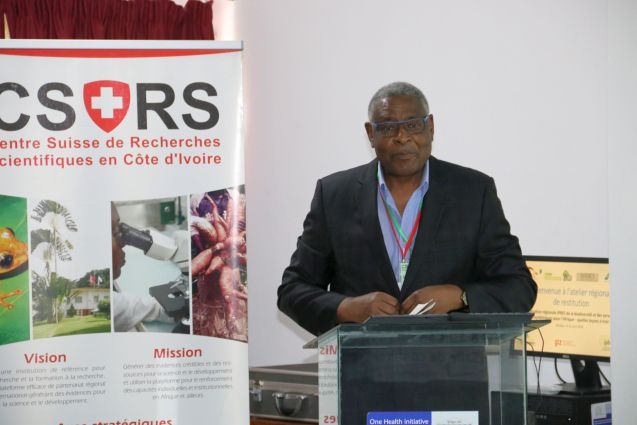
The workshop was jointly organised by the Ivorian environment ministry (MINSEDD), the scientific research centres CSRS and WASCAL, the WABES Initiative, the Helmholtz Centre for Environmental Research (UFZ), the PROFIAB project and the IKI project ValuES: Methods for integrating ecosystem services into policymaking, planning and development practice. Further support was provided by the IPBES Secretariat. The results of the workshop and the lessons learned from the actual process will form the basis of other such consultation processes involving IPBES and its partner structures.
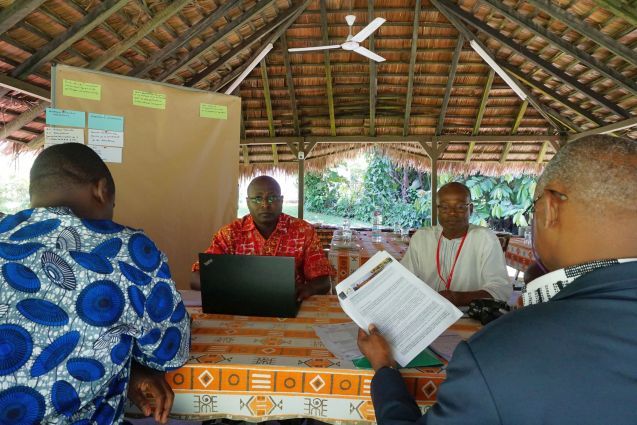
The link has been copied to the clipboard
Contact
IKI Office
Zukunft – Umwelt – Gesellschaft (ZUG) gGmbH
Stresemannstraße 69-71
10963 Berlin



